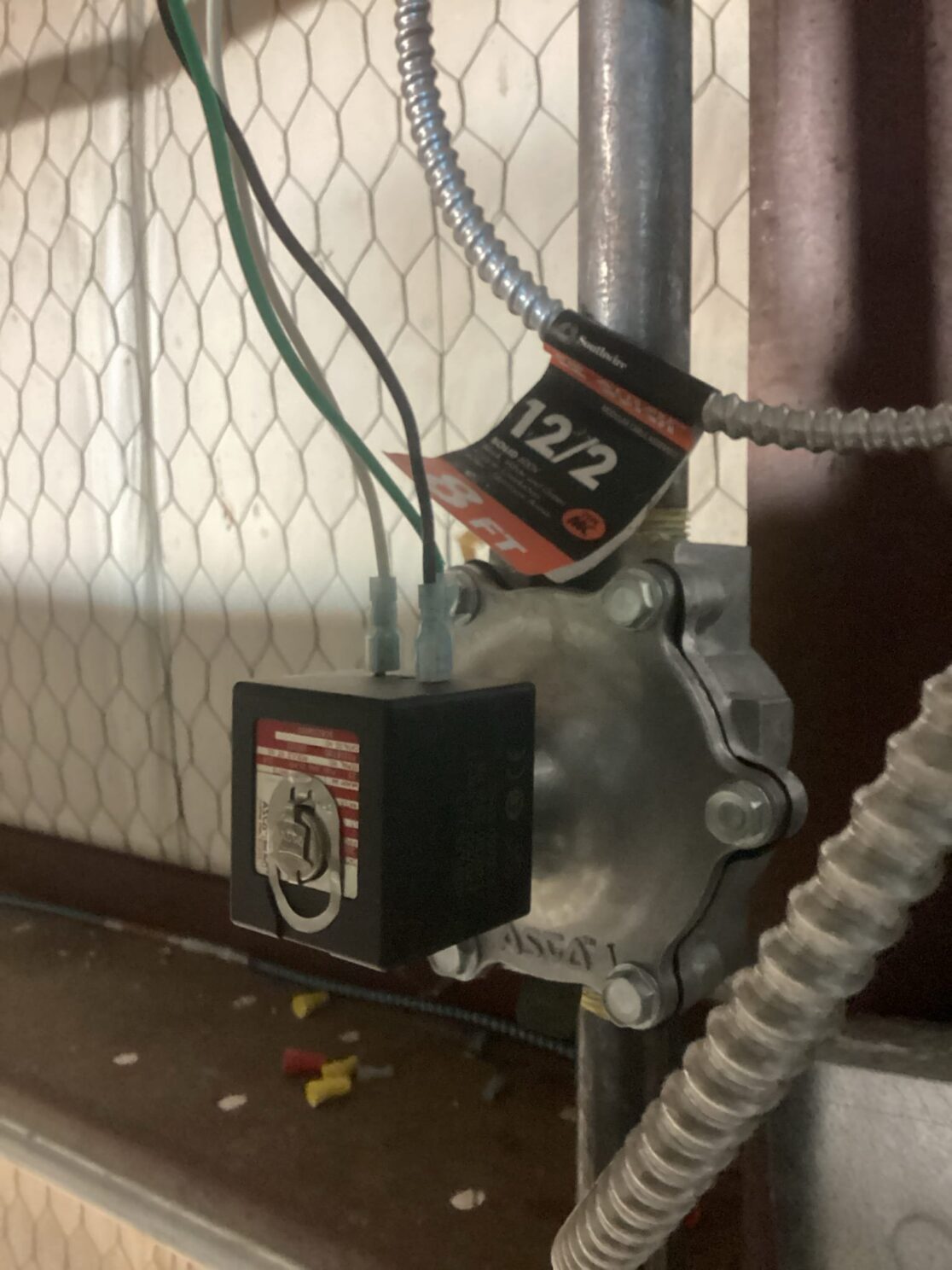Troubleshooting Common Gas Water Heater Repair Issues
Water heaters are indispensable appliances in many homes, providing the necessary comfort of hot water for daily activities such as bathing, cooking, and cleaning. Among the different types of water heaters, gas water heaters are popular for their efficiency and cost-effectiveness. However, like all appliances, they can encounter issues that require troubleshooting and repair. This guide from Neighborhood Plumbing & Drain will walk you through common gas water heater repair issues, offering insights into diagnosing problems and suggesting when to call for professional plumbers.
1. No Hot Water
The most basic and also the most frustrating issue with gas water heaters is when they fail to produce hot water. Before you call for a technician, check if the gas supply is on and the pilot light is lit. If the pilot light keeps going out, the thermocouple might be faulty, or there may be a draft blowing the flame out. Replacing the thermocouple is a task that can be done by a skilled DIYer, but if you’re unsure, it’s best to call professionals like those at Neighborhood Plumbing & Drain.
2. Insufficient Hot Water
If your water heater is producing some hot water, but it seems to run out too quickly, the issue might be with the thermostat setting. If the setting is correct but the water is still cold, you might be dealing with a broken dip tube. The dip tube channels incoming cold water to the bottom of the tank for heating. If it’s broken, cold water could be mixing at the top, cooling your water prematurely.
3. Too Hot or Too Cold Water
When water temperature fluctuates, the thermostat might be set improperly or malfunctioning. First, check to see if the temperature setting on your water heater thermostat is set too high or too low. Adjust it accordingly. If adjustments don’t solve the problem, the thermostat may need replacement.
4. Leaking Tank
Leaks are serious issues and should be addressed immediately to prevent water damage and mold growth. If your gas water heater tank is leaking, it could be due to corrosion or a faulty pressure relief valve. In many cases, a leaking tank means it’s time for a new water heater. Water heater leaks around fittings or pipes can often be repaired, but a leak from the tank itself typically requires replacement.
5. Discolored Water or Bad Odor
If your hot water is discolored or has a strange odor, the issue could be with the anode rod. This rod fights corrosion inside your tank, and if it fails, rust can develop inside, leading to discolored water. Sulfur odors or a ‘rotten egg’ smell can occur due to bacteria growth in the tank. Flushing the tank and replacing the anode rod can solve these issues. If the problem persists, consult with a professional from Neighborhood Plumbing & Drain.
6. Unusual Noises
Popping, banging, or rumbling noises coming from your water heater are not just a nuisance; they can be signs of an underlying problem like sediment buildup. Sediment can accumulate in the tank, especially in hard water areas, leading to overheating and long-term damage to the tank. Flushing the tank annually is recommended to remove sediment and maintain the efficiency of your heater.
7. Pilot Light Issues
The pilot light should have a strong, steady blue flame. If the flame is yellow or orange, it indicates an issue, possibly due to a dirty or clogged burner. Cleaning the burner and checking the gas supply and air intake for blockages can help resolve this issue.
Conclusion
Troubleshooting common gas water heater issues can often be done at home, but it’s important to know when to call in the experts. For any problems that seem out of your scope, don’t hesitate to call 512-266-3566 or contact us at Neighborhood Plumbing & Drain.
Our certified professionals are skilled in addressing all aspects of gas water heater repair, ensuring your system runs smoothly and efficiently. Remember, regular maintenance can prevent most problems from occurring, so consider setting up a routine service schedule.

